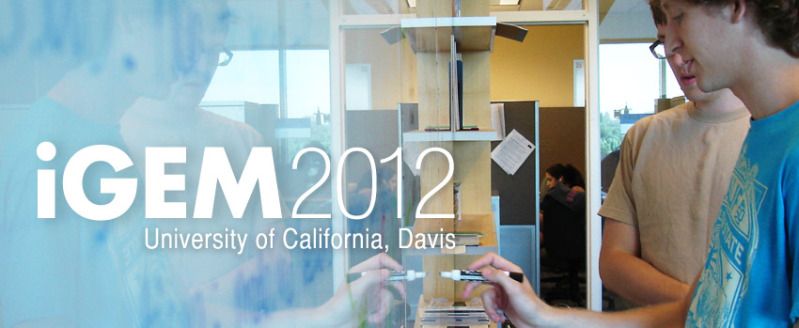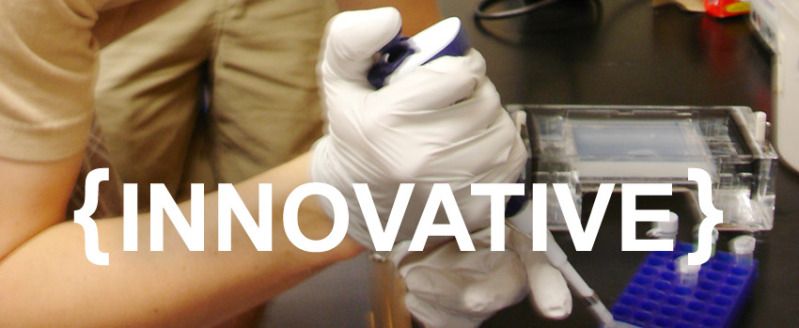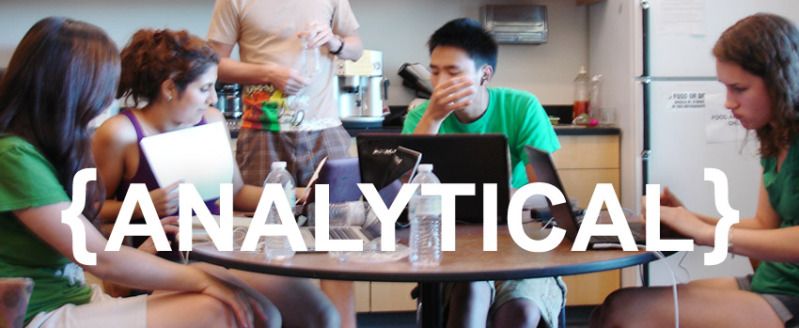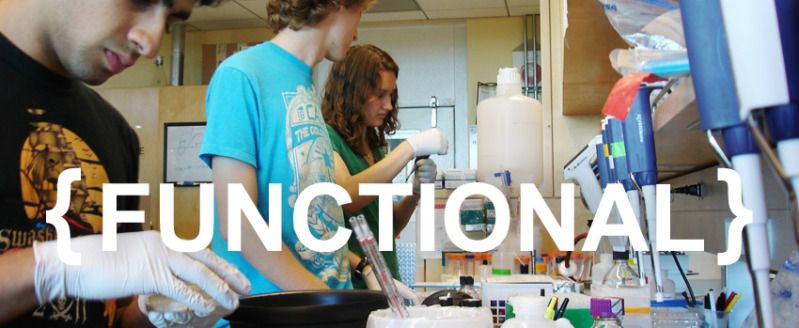Team:UC Davis
From 2012.igem.org
(Difference between revisions)
| Line 449: | Line 449: | ||
<div class="floatbox3"> | <div class="floatbox3"> | ||
<h1> Welcome </h1> | <h1> Welcome </h1> | ||
| - | <p>Welcome to iGEM | + | <p>Welcome to iGEM 2012 at UC Davis!</p> |
| - | This year's UC Davis | + | This year's UC Davis team is composed of ten undergraduates, two advisors, and a graduate student. We come from different areas of study, but we're all working together on this year's synthetic biology project. Due to the global impact of plastic pollution, we have decided to focus on biodegradation of polyethylene terephthalate (PET). PET is a commonly and widely used plastic, but only a small percentage of them are recycled, meaning a majority of the trash ends up in landfills and the oceans. It is a global issue, and achieving our goal would have a big impact on the issue of plastic degradation. |
</div> | </div> | ||
| + | |||
| + | <br> | ||
| + | <div class="floatbox3"> | ||
| + | <h1>Our Project/Abstract </h1> | ||
<br><br> | <br><br> | ||
Revision as of 19:04, 3 August 2012




Welcome
Welcome to iGEM 2012 at UC Davis!
This year's UC Davis team is composed of ten undergraduates, two advisors, and a graduate student. We come from different areas of study, but we're all working together on this year's synthetic biology project. Due to the global impact of plastic pollution, we have decided to focus on biodegradation of polyethylene terephthalate (PET). PET is a commonly and widely used plastic, but only a small percentage of them are recycled, meaning a majority of the trash ends up in landfills and the oceans. It is a global issue, and achieving our goal would have a big impact on the issue of plastic degradation.Our Project/Abstract
Project Description:
A significant environmental problem facing the world entails the accumulation of plastic polymer waste products, both on land and offshore. The ecological, political, and economic repercussions of plastic accumulation have affected populations and industries alike in a significant manner, however, the technological development and profitability of investment in the business of plastic degradation has stunted the growth of such an institution. Our project aims to conduct an in depth analysis of the multitude of factors that would influence an industry centered around plastic degradation. Our collegiate iGEM team is currently engaged in producing an E. Coli that degrades PET plastic and goes further to break down byproducts, and we would similarly like to use this as a model for an economic and business analysis. Likewise, we also aim to generate a set of tools and guidelines that future iGEM teams can use to assess the realistic marketability of their project. We would like this toolkit to be applicable to a wide range of products under the field of synthetic biology, with the intent that teams and groups can take the product of laboratory based biological engineering and critically look at its real world application. In short, we wish to make successful commercial endeavors out of scientific academic work.
 "
"